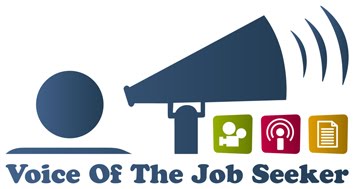Being smart about your career aspirations will help you to
conduct an effective and efficient job search campaign. Your objective as a
student should be to constantly seek ways to increase your Career IQ in
parallel with your Academic IQ. As a student, you will always have academic
evaluations in the form of test scores, peer evaluations, and professor
ratings. But who is responsible for evaluating and testing your career
education? How will you measure your career-readiness and preparation? The
first step is to recognize what you know, and what you don’t know:
1.
Know which companies hire students/graduates
with your academic background.
2.
Know your KSA’s (knowledge, skills, and
abilities) that are relevant to the companies/industries/jobs/countries you
desire.
3.
Know what resources are available to assist you
in achieving your career goals.
Achieving A High
Career IQ
Research. Learn. Do. That is the secret to obtaining a high
Career IQ. There is no other substitute. Out-read your job seeking competition.
Research yourself. Research companies of interest. Research job descriptions.
Research industries. Research target countries. Learn how to get the skills you
need to be competitive. Learn who you need to speak with to get career
information. Learn how to effectively communicate your value proposition during
an interview or informal conversation. Do the things that will set you apart
from the competition. Do the internships. Do the exchange programs. Do the
thesis with business value. Do the case competition.
Who will judge your Career IQ? Recruiters and Hiring
Managers for starters. What metrics will be used to measure and evaluate it?
Below is a short-list of ways you can monitor the growth of your Career IQ:
1.
X number of Networking Contacts that refer you
to a Hiring Manager at your target companies.
2.
X number of Hours per day/week spent reading about
your target companies/industries/job functions/countries.
3.
X number of Hours per day/week spent meeting new
contacts that can aid your job search.
4.
X number of Hours per day/week spent practicing
interview strategies and project pitches.
5.
X number of Career/Professional Development
Workshops attended as a student/graduate.
6.
X number of relevant Contacts and Professional
Groups on your LinkedIn profile.
7.
X number of followers on your Blog/Twitter feeds
for content you produce/share that is related to your professional interests.
8.
X number of Job Interviews obtained from jobs to
which you apply.
9.
X number of Job Interviews converted into job
offers.
10. X
amount of Salary/Compensation you negotiate for a fulltime job.





